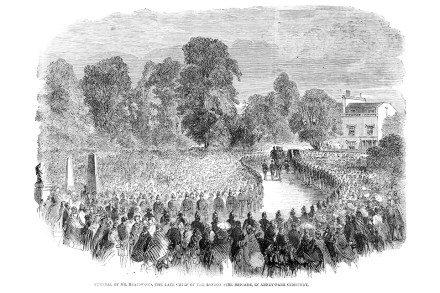The boundless enthusiasm of Asa Briggs
It’s doubtful whether Asa Briggs ever had an idle moment in his life. Bestselling historian, pioneer of the new universities of the 1960s, chronicler of the BBC, champion of adult education, academic globetrotter and much more besides, he possessed phenomenal energy. He was a miracle of the kind of boundless enthusiasm that his Victorian hero Samuel Smiles had extolled in his book Self-Help. Short and tubby, with large glasses, Briggs effortlessly outpaced academic colleagues who tended to be left panting behind him. A joke did the rounds that if a word were to be coined for a unit of intellectual energy it should be an ‘Asa’. He was dubbed ‘the


